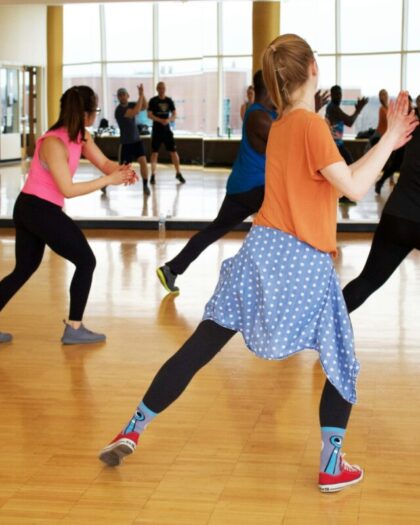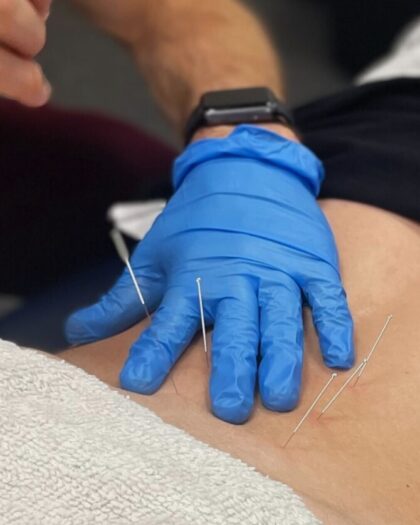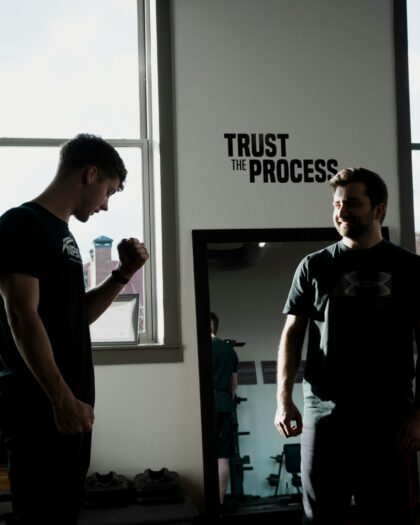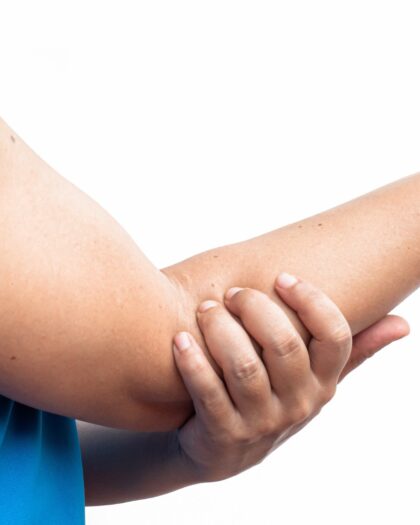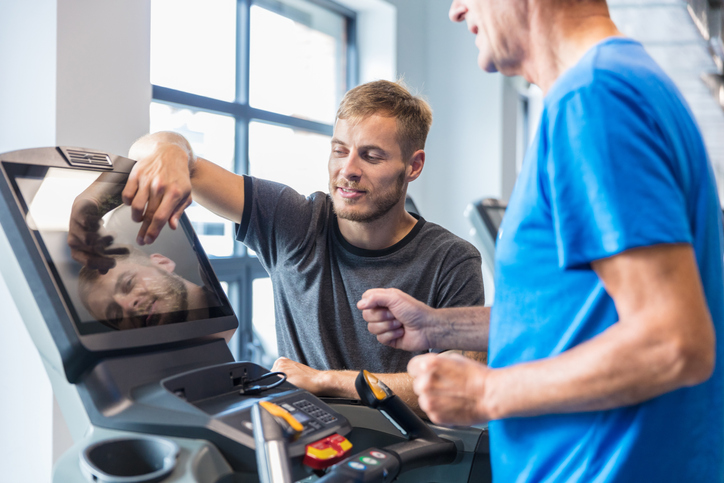
In the past couple of articles, I mentioned VO2Max and cardiorespiratory function. I had discussed that individuals may be at a risk of deconditioning and therefore will have a reduction in their VO2Max. As both a Doctor of Physical Therapy and a Certified Exercise Physiologist, I have conducted my fair share of these tests and love the application of this value. In this article I will discuss what VO2Max is, different ways it is measured, provide evidence to relate why it is important, and even give you tips on how to utilize this value to improve your overall quality of life.
First of all, let’s discuss what VO2Max is. VO2Max can be broken down into the milliliters of oxygen per kilogram of bodyweight per minute of exercise (ml/kg/min). If you weigh more, you require more oxygen to perform a given activity at a given intensity as compared if you weigh less. As you train and get more fit, you can perform the same activity with less energy. For example, when you start a running program, you start off hating every second of it because it’s difficult. After a few weeks, you most likely still hate it because running is torture, but it feels easier and you can run at the same pace you started at and feel significantly less short of breath. Similar to when you start lifting weights and over time your muscles get stronger, your heart and lungs will adapt to the training and become more efficient.
Like weight and body fat percentage, VO2Max can be measured and used as a tool to determine change over time. You can get complex with it and strap a suffocating mask to your face which will measure the oxygen and carbon dioxide coming in and out of your mouth while running on a treadmill. Then that information will be plugged into an equation which will give you a more accurate depiction of where you stand. Or you can do a simple walk test, bike test, or step test which will give you a rough estimate to where you stand.
So why does this even matter? Well what if I told you a decreasing VO2Max could increase your risk of death and rob you of your independence? In a study posted in the European Journal of Sport Science, a drop in 3.5 ml/kg/min increases mortality rate by approximately 12%. Even less scary but still significant, a researcher at the University of New Mexico reviewed studies finding that older adults with a VO2Max of 12-15 ml/kg/min may struggle to perform their basic activities of daily living which can include basic transfers such as in and out of a chair or bed, walking to the bathroom, even basic grooming tasks.
Everything gets easier when you get older – said nobody ever. As you age, you slowly lose muscle mass, increase fat mass, and, you guessed it, your VO2Max decreases. However, like I mentioned in other articles, you have the ability to age successfully and put the brakes on aging. In the Journal of Applied Physiology, they compared master endurance athletes (61.4 years of age on average) to sedentary adults of similar age and attempted to see whose VO2Max was better after 8 years if they kept doing what they were doing. What they found continues to show that exercise needs to be lifelong no matter what age you are. The master endurance athletes demonstrated VO2Max decline 50% less than their sedentary counterparts. If you may identify with the more sedentary category, there’s still hope! There’s good research to show that progressive aerobic exercise can increase your VO2Max as much as 10 ml/kg/min which can potentially delay loss of independence by 20 years. Live longer, live better, exercise!
VO2Max can be especially impacted in certain disease processes such as Chronic Obstructive Pulmonary Disorder (COPD) and Congestive Heart Failure (CHF). For COPD, the lungs have been damaged to a point where respiratory function struggles to keep the body oxygenated and the individual may struggle to get air in or out. CHF is a name given to a disorder where the heart has been damaged to a point that it doesn’t pump blood efficiently which can also lead to decreased exercise capacity. Both of these conditions can be aided with progressive exercise to challenge your endurance and muscular strength.
Let’s get to the real reason why you’re here, what do you need to do to improve your VO2Max and live your best life? The secret really isn’t that secret: Exercise! Start a progressive walking program. Set a running goal. The Physical Activity Guidelines for Americans suggests that adults should perform between 150-300 minutes per week of moderate intensity aerobic activity per week and try to perform resistance training activities for major muscle groups 2 days per week. For those that like to track their steps, 4500-6000 steps/day should be a minimum goal to reduce your cardiovascular and metabolic risk factors.
I hope that last paragraph didn’t discourage you. Yes, I agree that seems like a lot. However, there’s good research to show that you can reap the benefits of improving your health by doing less! Research has shown that if you increase the intensity of exercise, you can get the same health benefits in a shorter time. For example, the research I previously mentioned found that a 5-minute run can give the same benefits as a 15-minute walk. This is great news! However, please don’t go from being entirely sedentary and jump right into a 5k. Start slow, make small changes, and don’t get discouraged.
In summary, VO2Max is a great value that can effectively determine independence and mortality risk. VO2Max can be easily assessed and interpreted. Anybody can improve their VO2Max, you may just need a little guidance. For anybody interested in improving their cardiovascular endurance, become more independent with activities of daily living, and improve their mortality rate, please feel free to reach out to any of our Doctors of Physical Therapy here at Total Balance Physical Therapy & Fitness. We pride ourselves in our knowledge of the cardiopulmonary, musculoskeletal, and neuromuscular system to get you to where you want to be. Our mission here is to bridge the gap between rehab and wellness to keep you functioning the way you want the rest of your life.
If you or anyone you know has experienced a decline in function that is impacting your quality of life, or if you simply want to get your VO2Max assessed to see your fitness level or risk of mortality, please call our office TODAY at 701-293-6037 to meet with one of our Doctors of Physical Therapy


